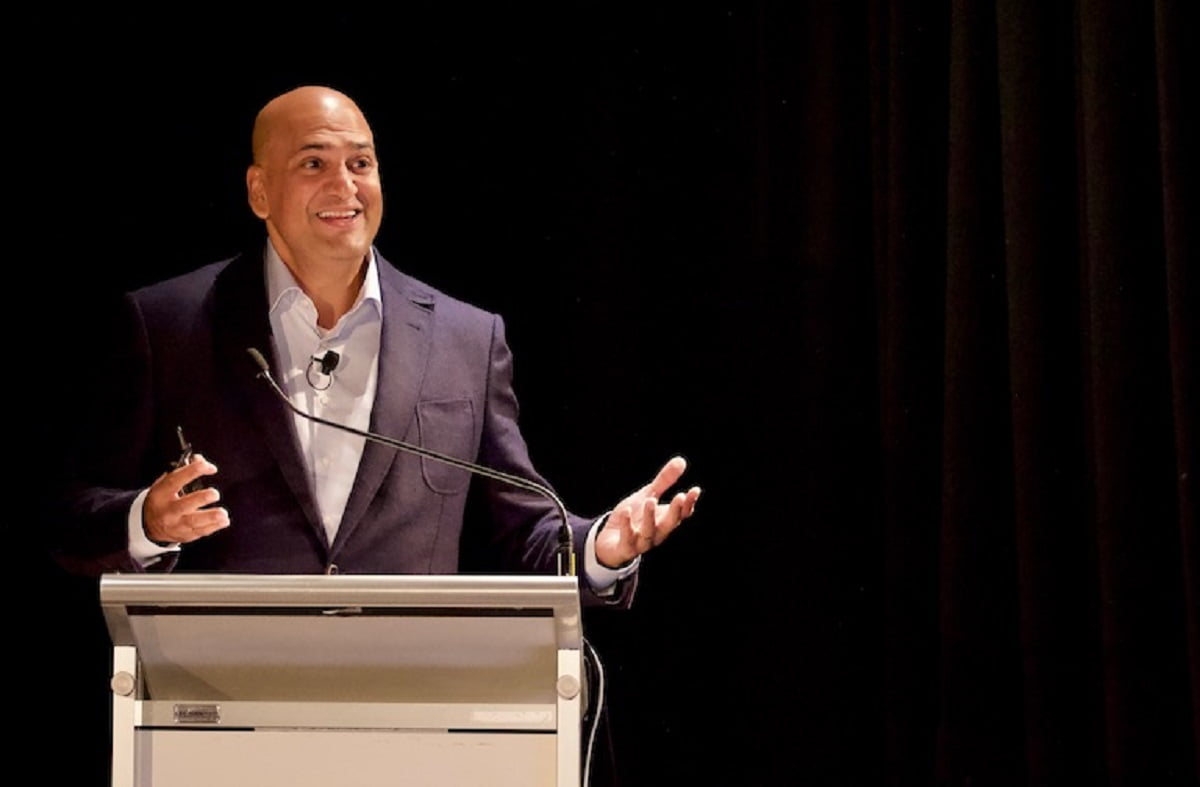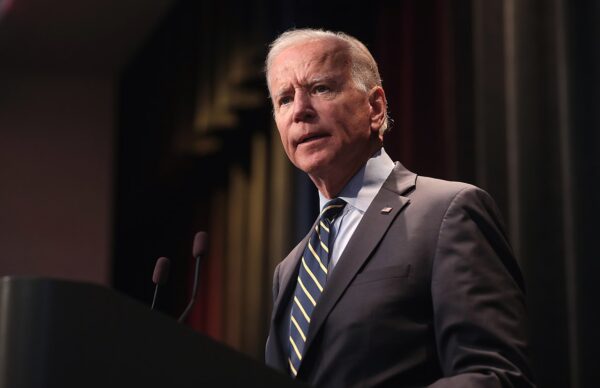This week, a lot of us paying attention, including myself, didn’t exactly know how to feel as we witnessed Bitcoin’s 28% nosedive. This coincidentally came to a head a day after a higher-up in Wall Street expressed that they didn’t understand the necessity in having Bitcoin in one’s financial portfolio. Duetcshe Bank analysts provided a research note that was titled “Bitcoin: Trendy is the last stage before tacky.” Ouch. This indicates to me that certainly now — and perhaps more than ever before — the vocal skepticism regarding Bitcoin has become more vocalized than ever before. There have been those with doubts, sure, but this last massive drop could be seen as an “I told you so” type of moment. It’s being claimed that one tweet from Elon Musk, and a statement from the Chinese Government have already deemed crypto-currency to be out of style. Out of style? Not so fast. I’d get into the “style” thing later, but let’s get it over with now. Can you honestly compare cryptocurrency to fashion? I mean, you can because you obviously did, but is there any logic or reason behind it? If I’m not mistaken, Bitcoin is has been around for over a decade. But here’s what puts the foot in the mouth: After a week of losses, today, Thursday the 20th, Bitcoin’s stock value was back up above $40,000. It doesn’t appear that they’re going to disappear that easily.
Perhaps the biggest controversy here is a tweet from Elon Musk on May 12th stating that Tesla would no longer be accepting Bitcoin as valid currency, citing environmental concerns. Not the same Duetcshe Bank analyst, but another was quoted saying “Those few words caused Bitcoin’s value to plummet from nearly $60,000 in the days before to below $48,000.” Yes ma’am, we saw. To make things worse though (at the time), The PBoC (People’s Bank of China) emphasized that it would ban any digital tokens as a form of payment, which is evidently what caused the plunge to continue diving down to $30,000, which was its lowest value since January. According to these bank analysts, this “was not a surprise.” I’m not personally invested in Bitcoin at this time, so, at the moment, I can only imagine what the racing thoughts were that were going through the heads of investors and potential share-buyers alike. How was each night of their week’s sleep?
Regardless of Bitcoin’s resilience, during the plunge, these bank analysts really gave the people who live and breathe this stuff a hard time. “The value of bitcoin is entirely based on wishful thinking,” for example. The same analyst at Deutsche Bank basically took the mic when it comes to the rest. “Bitcoin’s value will only actually depend on what people think it’s worth.” Hm. That’s a weird one. They go on to make several points regarding pressure from Central Banks and our Elected Officials, which aren’t horrible points, but still don’t quite meet the burden of proof. “Because central banks and governments are likely to begin regulating crypto by early next year — as well as potentially launching their own, akin to China’s digital currency.” These, to me, are good points. Why? Because, as a general rule, I don’t trust the Government. But I also like the free market. So, I’m feeling a little stuck.
By Deutsche Bank’s calculations, 30% of the action that Bitcoin has to see is likely for payments, which is unavoidable, and the rest is simply used as a “financial investment.” Opposed to what simple volatility here may imply, the total liquidity isn’t actually that high. In fact, last year, Apple’s trading volume was reported to be 270% of its number of shares, whereas Bitcoin has reported the lesser 150%.
There could be a couple more reasons to explain the unexpected volatility of Bitcoin: Due to its limited tradability, the volatility can be almost presumed. The bank analysts pointed out explicitly that “it is expected to remain ultra-volatile; a few additional large purchases or market exits could significantly impact the supply-demand equilibrium. The root causes of Bitcoin’s volatility include small tactical asset allocations and the entries and exits of large asset managers. Now, anyone who reads my material knows that I’m not an expert, and I’m not going to pretend to be one in this instance. I think that good points have been made, along with some questionables.
Federal Reserve Chair Jerome Powell has also weighed in. He’s gotta know, deep down, that the Fed should just end already, but I guess he’s like that jaded cop waiting for his pension. He knows that whatever the Fed does will affect the crypto markets. China, on the other hand, is being more proactive in their aggressiveness against Bitcoin. They’re making space for their own digital currency. This doesn’t surprise me I suppose. As quoted, “It is clear that China’s targeted regulatory actions are designed to support the launch of its own digital currency.” Although I said I wasn’t surprised, I certainly hope it’s not true. I wrote a long article on US/China relations not too long ago, and it meant a lot to me. I would like nothing more than for our two countries to just.. get along.
Deutsche Bank went on to note the strength of the government’s hand in cryptocurrency by referencing the Libra situation. This was something I was unaware of, and frankly a little alarmed by. Facebook, in 2019, announced a plan for a future global currency that would ultimately result in governments having less over their money and assets. The problem is, the Government doesn’t like that. Since then, Facebook has — for some reason — changed its digital currency plans. No more screwing with governments I guess. I’ll wait for a FbCoin (FBC) Initial Public Offering and take it from there. All joking aside, another Bank critic said that “The product now focuses on reducing the cost of payments, rather than competing with governments and central banks. Their goal is to create an alternative currency to the US Dollar.” An interesting plan, I suppose, but it worries me too. That damn government, always lurking. However, the government could actually do the free market some good in this case. Of course, they’ll regulate whatever they can, but they could also leave crypto-currency alone — which is literally harmless — to see if they’re able to produce solutions to certain problems and bring about innovation in the marketplace. Here’s the thing though: That’s what these crypto companies are already doing. Personally, I say let them do their thing.
Should you invest in Bitcoin right now?
Before you consider buying Bitcoin, you'll want to see this.
Investing legend, Keith Kohl just revealed his #1 stock for 2022...
And it's not Bitcoin.
Jeff Bezos, Peter Thiel, and the Rockefellers are betting a colossal nine figures on this tiny company that trades publicly for $5.
Keith say’s he thinks investors will be able to turn a small $50 stake into $150,000.
Find that to be extraordinary?
Click here to watch his presentation, and decide for yourself...
But you have to act now, because a catalyst coming in a few weeks is set to take this company mainstream... And by then, it could be too late.
Click here to find out the name and ticker of Keith's #1 pick...














